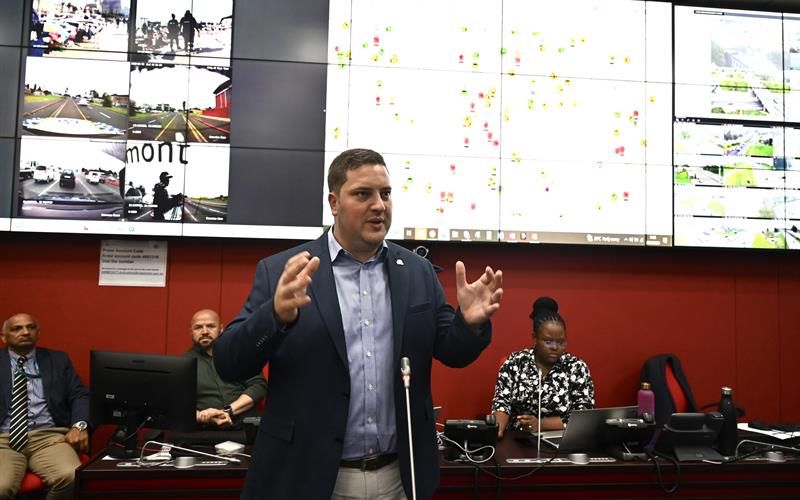As the world faces the aftermath of the COVID-19 pandemic, the BRICS countries are joining forces to discuss measures for recovery and resilience. The 4th meeting of BRICS Ministers in charge of disaster management portfolios will take place on September 8, 2023, under the guidance of Minister Thembi Nkadimeng. Preceding the meeting, the 5th Joint Task Force technical engagement will take place on September 7, 2023.
The Theme
The meetings will revolve around the theme of “Strengthening Post-Pandemic Socio-Economic Recovery in the BRICS Countries.” The focus is inspired by two of the five cabinet-approved priorities, which are Transforming Education and Skills Development for the Future and Strengthening Post-Pandemic Socio-Economic Recovery and the Attainment of the 2030 Agenda on Sustainable Development.
The chosen theme is also in line with Priority 4 of the Sendai Framework (SDF) for Disaster Risk Reduction, which stresses the need for improving disaster preparedness, effective response, and the principle of ‘building back better’ in recovery, rehabilitation, and reconstruction efforts.
The Host City
The eThekwini Metropolitan Municipality, the host of the 4th BRICS Ministers meeting, is significant in this context. The Metro has witnessed numerous disasters due to climate change, causing severe damage to properties and infrastructure. This makes eThekwini an excellent case study to explore methods of reducing disaster risk through risk-informed, climate-resilient innovations and building back better.
Pandemic and Climate Change Challenges
The COVID-19 pandemic has compounded the damage in eThekwini, and it has been further intensified by climate-related disaster phenomena. The convergence of these challenges during the BRICS meetings will provide participants with a practical understanding of the impact of such events and the necessary rehabilitation and recovery interventions to prevent or mitigate future risks.
Discussions and Strategies
Central to the BRICS Ministers’ discussions will be strategies for building back better after the COVID-19 pandemic. Additionally, the conversations will explore socio-economic dynamics affecting member countries and potential avenues for cooperation and synergy in efforts to revive economies and advance the 2030 Agenda on Sustainable Development.
Each BRICS nation will present its respective positions on strengthening post-pandemic socio-economic recovery in relation to the SDF’s primary aim of substantially reducing disaster risk and losses for the period between 2015 and 2030. The platform serves as an opportunity to reflect on lessons learned from coordinating national state-of-disaster responses and improving early action measures to protect communities and livelihoods.
Financing Mechanisms
Crucially, financing mechanisms for recovery and rehabilitation will also be on the agenda. Building back better requires integrating climate change adaptability, eco-based disaster risk reduction, and community-based planning in disaster management efforts.
Proposals and Attendees
Ultimately, the meetings will lead to proposals for a Joint Action Plan and Roadmap for Implementation (2023-2024) and a revised eThekwini Declaration, signed by the attending Ministers. Participants will include government administrative leaders, representatives from disaster management centers at various levels, civil society organizations, academia, private sector, and research institutions.
Media Coverage
To ensure comprehensive media coverage, members of the media are invited to attend both the BRICS Joint Task Force for Disaster Management meeting on September 7 and the BRICS Ministers for Disaster Management meeting on September 8. The events will be held at the Inkosi Albert Luthuli Durban International Convention Centre.








